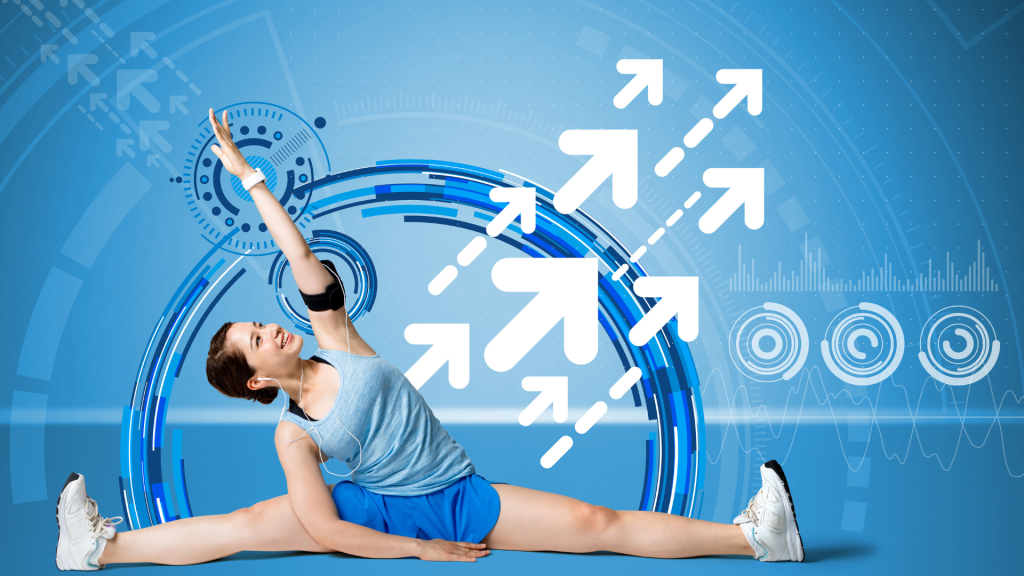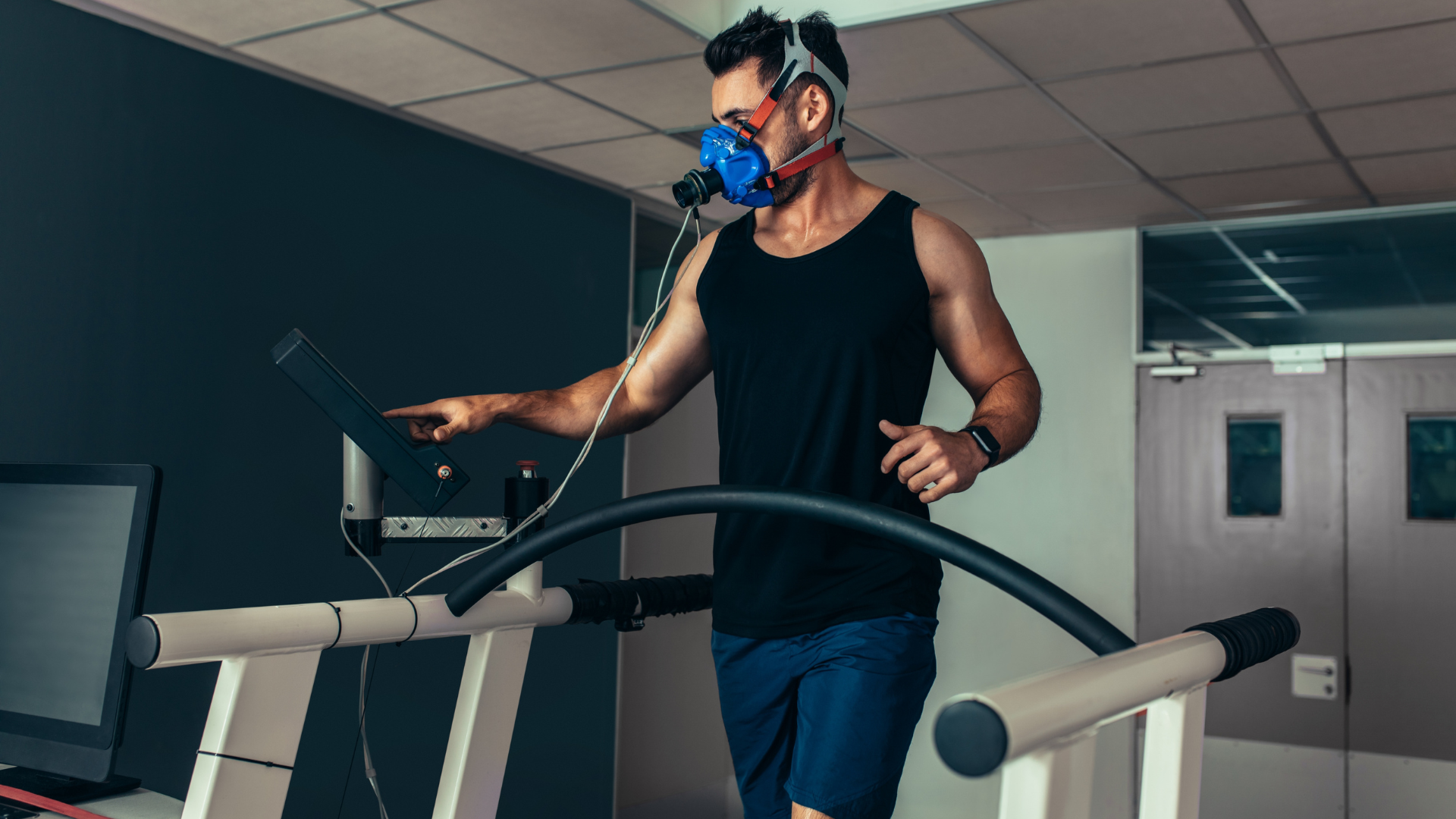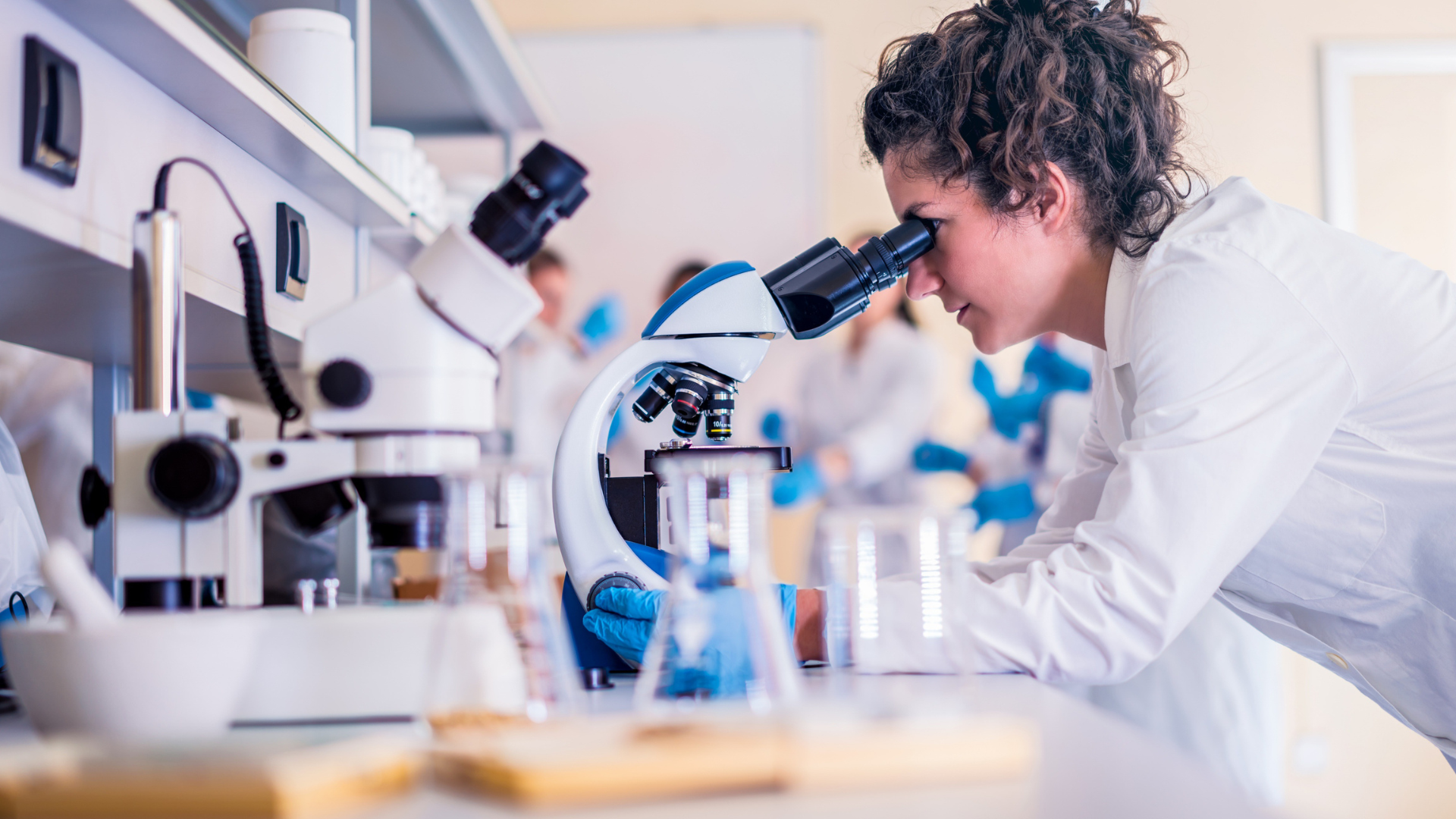
What is Sports Science?
Sports science is all about how the body works during periods of exercise, and just how physical activity, like sports, can go a long way in promoting physical, mental, and emotional health. Not only does this science focus on sports, but sport science also incorporates other areas such as psychology, anatomy, physiology, biomechanics, biochemistry, and kinesiology.
If you want to get a sports science degree and study a variety of other areas such as exercise science and the benefits of physical education on the human body, then you may want to look into the best way to study sports science to gain a better understanding of what that will entail.
The need for sports scientists has been growing into higher demand over the years, so employment in this particular field is wide open for those who want to see how sport and physical activity is intrinsic for people to lead healthier lives mentally and physically.

What Can You Do With a Sports Science Degree?
You may be wondering just what you can do with a sports science degree and how it goes beyond sports in general. It can connect you to other education and career opportunities in health studies, such as sport psychology, exercise sciences, exercise physiology, physiotherapy, and mental health, to name a few.
Other careers that may be of interest to you through sports science are –
Nutritionist
If you think nutrition may be a good sector to go into, then you will be focusing on telling people how to have a healthy lifestyle through eating right and exercising. A nutritionist will work in hospitals, care facilities, doctor’s offices, and so on.

Performance Analyst
This type of analyst in sports will monitor and record sporting performances, which they will then discuss with coaches and managers, as well as athletes to see what can be done to improve their performance in a proactive way.
Clinical Scientist
Just like a performance analyst, a clinical scientist will help improve team performance as well as individual athletes by working with doctors so they can focus on their health and fitness. They can also look at ways to treat and prevent medical issues that affect physical activity and health in general.

Sports Psychologist
A psychologist will help athletes improve their performance by working with them on their motivation and teamwork as well as managing their stress levels, especially if that occurs when they are working. If their athletic performance is lacking and it is not their physical health, then it may be psychological so they need to get to the root of the issue.
Physiotherapist
Physiotherapy emerges as a pivotal element, contributing significantly to the holistic health and upkeep of athletes. With specialized solutions tailored to the demands of each sport, physiotherapy assumes the role of a proactive guardian, offering insights into injury prevention and strategies for elevating performance levels.
Aspiring individuals keen to delve into this sphere of expertise can pursue educational avenues like a BSc in Sports Therapy, which can equip them with the foundational knowledge to embark on this rewarding journey. Moreover, modern times have opened doors to flexibility in learning with sports therapy courses online, allowing individuals to engage in comprehensive learning experiences from the comfort of their own space.
For those driven by a deep commitment, a master’s in physiotherapy can provide a higher level of proficiency, enhancing their ability to provide exceptional care and support to athletes. At the intersection of athleticism and healthcare, physiotherapy holds the promise of a fulfilling career dedicated to athletes.
So, if you are interested, there are several physiotherapy courses online as well as offline that can help you to stay updated with the latest physiotherapy techniques if you think of choosing it as a career.
Physiotherapy and sports massages have enabled athletes to undergo effective rehabilitation, especially when they have sustained major injuries on the field, track, or pitch. There is an application of several techniques to target muscles and connective tissues that promote relaxation and recovery.
And some effective strategies include better circulation, relaxation and lengthening of muscles, reduction of spasms, and more through sports jacksonville massage (similar locations worldwide).
Personal Trainer/Sports Coaching
A personal trainer will develop programs and exercise routines to help people reach their fitness goals so they can have a healthy human body. Sports coaching can be in the same vein as a sports coach will motivate, guide, and train an individual, but it is focused on their sport for their career or hobby.

You can take courses in specific subjects from the list above, which will allow sports science graduates, such as yourself, space to open up your options and take on a variety of roles to see how the healthy human body works in sport and exercise environments.

What is The Main Focus of Sports Science?
With all that can be studied in this sector, it boils down to the connection between exercise and how the human body reacts through scientific principles. A lot of sports science graduates will go into the sports performance industry so they can help sports professionals hone their craft and work to their best level so they can be top of their field whilst doing their chosen physical activity.

What Would You do on a Sports Science Degree Course?
Throughout a sports science degree (like those available at the Institute of Orthopedic & Sports Manual Therapy), students will likely get to know about a wide range of subjects that offer insights into the dynamic relationship between sports science and the human body. They may also conduct research as well as build on their critical thinking skills through practical work and studying.
These sectors commonly include topics like –
- Physiology
- Psychology
- Neuropsychology
- Biokinetics
- Psychophysiology
- Anatomy
- Biomechanics
- Biochemistry
- Muscle Mechanics and Immunology

This list is large but it will help them become a sports scientist and open them up to many different skills and careers that they can go into whether it is based solely on sporting performance or informing people/elite athletes of proper nutrition practices. There is a lot that they can accomplish when they study sports science.

Theoretical & Practical Work
Sports science degrees do not just focus on sport and physical activity, they also require a lot of classroom time through lectures and seminars based on these topics. Independent study and research are a requirement too which will be helped along through laboratory reports and practical sessions on exercise.
At the end of the degree when you are in your final year, you will be asked to complete a dissertation as well as complete practical and written exams which will include essays.

Why Should You Study Sports Science?
With the advancement of medicine and studies into human behaviour as well as what physical training can do for human movement and psychological responses, the need for sports scientists has become more common with each passing year.
Sports management seems to be the best job of the bunch, as it not only includes the science portion but it also incorporates management skills that can be beneficial to running a sports club or team so that managers can get the best sport performance out of their players/athletes.

Specific Career Skills
There are different skills required for careers such as this, which include a thorough academic understanding of how athletes reach their peak fitness levels and what that means for their ongoing physical activity.
Also, you can go on placement to a variety of exercise settings so you can see firsthand what sports science entails through a diverse range of outside educational opportunities.

Transferable Skills
Just because you have studied sport and exercise science in a classroom does not mean that you need to completely stick to what you have learned. There are skills that you can pick up which will allow you to transfer them into a variety of other areas too.
For example, you can learn problem solving techniques, leadership and decision making skills, critical thinking whilst analysing, and communication. Your scientific study does not need to take place on a pitch or race track.
Sports science introduces students to a whole world of research experiences from physical education to mental.

What Can Sports Science Graduates Earn?
Something which will intrigue many people is what can sports scientists earn after they have completed their university course and go out into the world.
Well, at a starting point, they are looking at around 17,000 or so in their first year, but that can lead up to 30,000 as they grow in their field, and if they want to take it back to the classroom and become a teacher, then they can reach on up to the top half of 30,000 at 37,000.
If you want to earn more then you may want to further your education as you work so you can add to your skills and climb the ladder into other areas of sports science.

Conclusion
From this article, you have hopefully been able to understand sports science a bit more and know if you want to take it as a degree. Even if you are not into the physical education side of things you can still take part in other areas that will help you find the career you want.
Just because sports science has become increasingly popular does not mean you have to take it up. You may want to try a few side or part-time courses first to see if you like them and how you can build on your knowledge.



